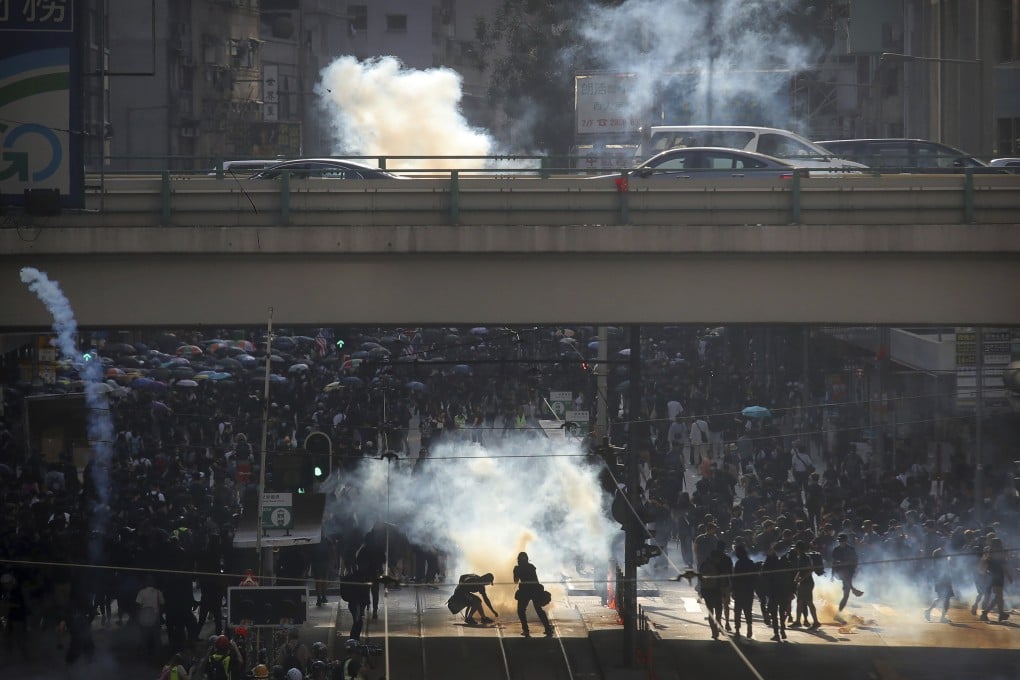Editorial | Hong Kong needs to move on from civil unrest and finally process cases
- Bringing closure, as soon as possible, for Hongkongers involved in what are now old suspected offences is part of doing justice

Hong Kong is looking ahead to a brighter future after emerging from the pandemic. The city is peaceful and stable and the civil unrest that turned streets into battlegrounds in 2019 belongs to a different era.
But for thousands of mostly young people arrested on suspicion of committing offences related to the protests, time has stood still. More than 10,000 were arrested, over 60 per cent of them under the age of 25.
So far, fewer than 3,000 have been charged. Some of the remaining suspects have recently seen their cases closed with no charges brought. But the majority are still waiting, left in a legal limbo. There is a need for these cases to be processed and decisions made in a reasonable time.
Commissioner of Police Raymond Siu Chak-yee in February said cases were being reviewed and he expected an announcement to be made on how to proceed that month. In March, he said efforts were continuing and he hoped they would be completed within a month or two.
Chief Executive John Lee Ka-chiu has rejected calls for a deadline to be imposed for the police to either prosecute or close remaining cases. He is right to say decisions on cases depend on evidence and the circumstances. The imposition of an artificial deadline will not help, if work still needs to be done.
